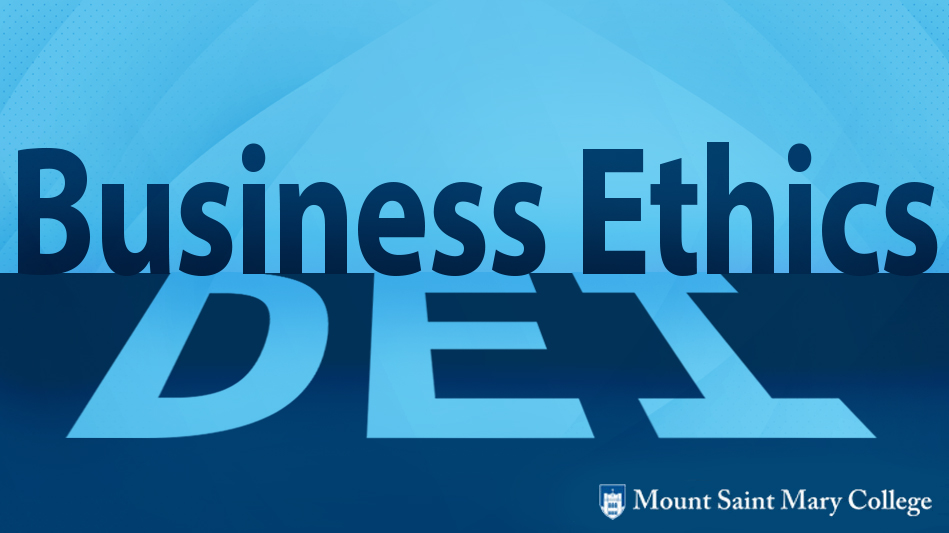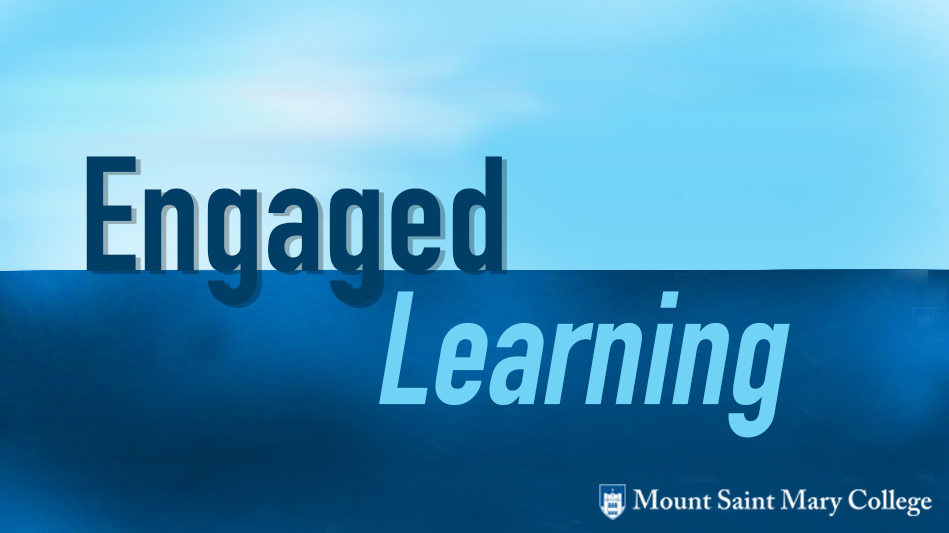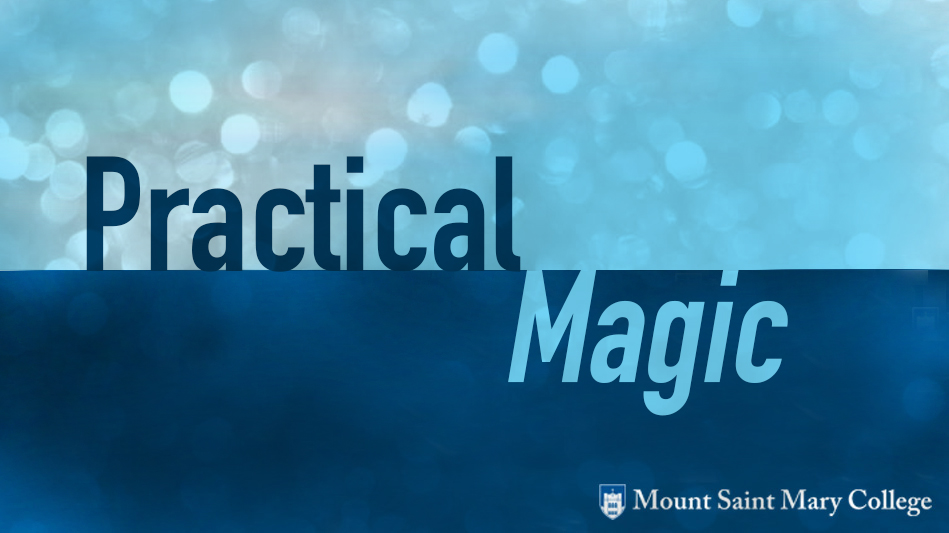| by Patrick Cunningham, Rose-Hulman Institute of Technology, Holly Matusovich & Sarah Williams, Virginia Tech |
Downloadable |
Motivations and context:
I teach a variety of Mechanical Engineering courses at a small private undergraduate institution with approximately 2000 students. The courses I teach focus on the application of scientific theory and math to solve engineering problems. Since I started teaching I have been interested in how to help students to learn more deeply in my courses. This eventually led me to a sabbatical in the Department of Engineering Education at Virginia Tech, where I established a research partnership with Dr. Holly Matusovich, and later Ms. Sarah Williams, studying student metacognitive development. We have been interested in how to help students to become more sophisticated and lifelong learners and how to aid instructors in supporting this student development. This collaboration initiated a research-to-practice cycle, where my interest in enhancing student learning led to research on student metacognitive development, and research results have influenced my teaching practice.
Description of the process:
The research-to-practice cycle has transformed my teaching by helping me become a student of learning. For me the process has involved formal educational research, but it does not have to. My implementation of the cycle follows:
- Identify what teaching and learning issue you care about and develop partnerships.
- Plan the study.
- Implement the study and analyze the data.
- Interpret the results and use them to direct modifications to your teaching.
- Repeat steps 1-4.
I am interested in enhancing student learning and that led to collaborative metacognition research with Dr. Matusovich. Other possible partnerships may be with colleagues, your teaching and learning center, disciplinary education researchers (e.g., engineering or physics education), or even education researchers at your own institution (e.g., educational or cognitive psychology).
We planned the research through the preparation of a successfully funded NSF grant proposal. The process included establishing research questions, specifying study phases, determining what data to collect and how, and planning for data analysis. Even if you are not engaging in formal research, the quality and success of your study will depend on a well laid out plan. As a mechanical engineering professor, my collaborators proved to be indispensable partners for this.
Early in our research, we gathered baseline data through student interviews on how students approach learning in engineering science courses and how they define learning. We have found that students predominantly rely on working and reviewing example problems as a means of learning. This approach to learning falls into the category of rehearsal strategies, where students are seeking to memorize steps and match patterns rather than develop a richer conceptual understanding. While it is important to know facts, results from learning science show rehearsal strategies are insufficient for developing adequate conceptual frameworks that are necessary for transferring concepts to new situations and being able to explain their understanding effectively to others – key aspects of engineering work. To construct such rich conceptual frameworks students also need to engage in elaborative and organizational learning strategies, but students reported underutilization of these strategies. Students’ overreliance on example problems does not align with being able to apply course concepts to real-world problems.
In reviewing the data, I also realized that I might be part of the problem. My teaching and assessments had been primarily organized around working problems with little variation. The research helped me change. I decided to scaffold students’ use of a broader range of monitoring, elaborative, and organizational strategies by changing my approach to teaching. I realized that I could empower my students by helping them learn about and refine their learning skills – even as I teach the content of the course.
I made significant changes to my course. I changed the grade category for “homework” to “development activities” to include the regular homework, and new homework learning check quizzes and video quizzes. These quizzes provided low-stakes opportunities for formative feedback to students about their conceptual understanding. I also changed my classroom activities, engaging students in evaluating and explaining given solutions with errors, recall practice, interrogating examples with “what if” questions and answering them, and creating problems for specific concepts. For the next project steps, we are collecting data on these implementations so the research-to-practice cycle can begin again.
Outcomes:
My students performed at least as well on traditional problem solving exams as students in other sections of the same course. Importantly, they reported feeling more responsible for their learning and that they had to exert more effort in their learning than in other engineering science courses. For me, this has been a more fulfilling teaching experience. Not only have I found that students asked better questions about course content, but I also had more conversations with students about how they can learn more effectively and efficiently. It has added rigor and a clarity of purpose in my teaching that reaches beyond course content.
Lessons learned:
I learned to articulate the differences between my course and other courses and to get buy-in from students as to what I was trying to do. As a teacher, student resistance to change can be hard but it is worth it to improve teaching and learning experiences. Collaborative partnerships help!
Acknowledgement:
The metacognition research was supported by the National Science Foundation under Grant Nos. 1433757, 1433645, & 1150384. Any opinions, findings, and conclusions or recommendations expressed in this material are those of the authors and do not necessarily reflect the views of the National Science Foundation.




